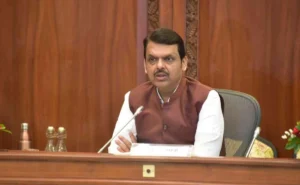Dussehra: Do you know Ravana is not burnt but worshipped in these places of India?
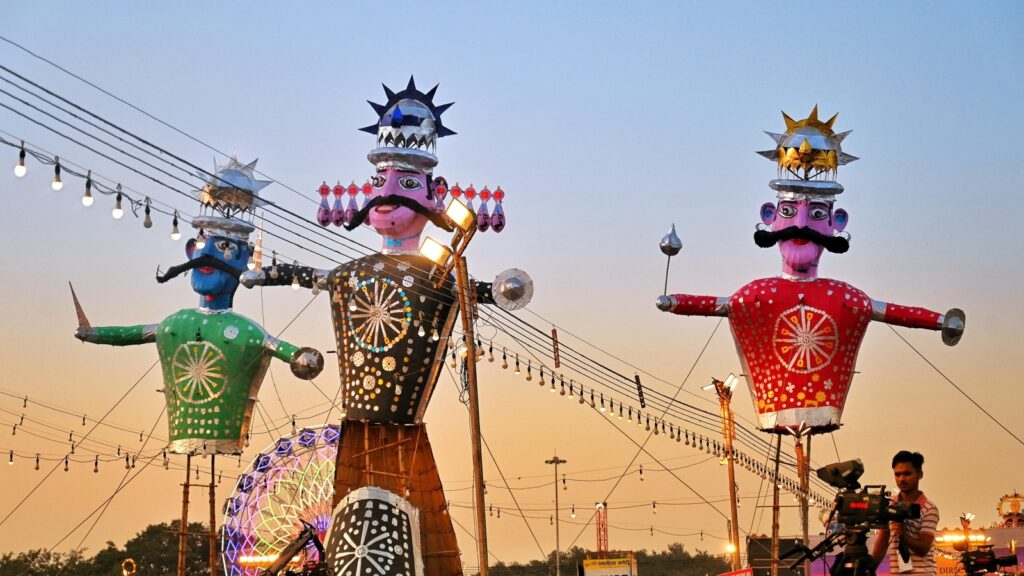
Dussehra: Do you know Ravana is not burnt but worshipped in these places of India?
From Madhya Pradesh to Maharashtra, several communities honour Ravana as a scholar, devotee, and ancestor
Every year, Dussehra is celebrated across India with grandeur as towering effigies of Ravana, Meghnad, and Kumbhkaran go up in flames, symbolising the triumph of good over evil. While most of the country remembers Ravana as the abductor of Sita and the adversary of Lord Rama, there are pockets where the Lanka King is revered instead of reviled.
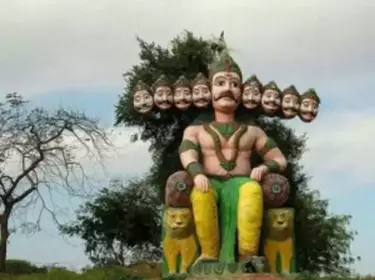
Across different regions, Ravana is seen as a great scholar, a staunch devotee of Lord Shiva, and in some cases even as an ancestor. His wisdom and devotion are remembered with rituals, shraddh, and festivals, where burning his effigy is considered inauspicious.
Madhya Pradesh
In Ravangram village of Vidisha district, a 10-foot reclining idol of Ravana is worshipped by locals who call him “Ravana Baba.” Villagers believe their lineage is tied to him, and his symbolic presence is sought at weddings. In Mandsaur, he is respected as a son-in-law, as the place is believed to be the maternal home of his wife Mandodari.
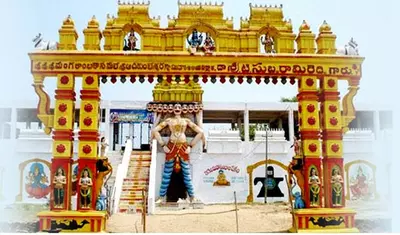
Uttar Pradesh
Bisrakh village near Greater Noida claims to be Ravana’s birthplace, its name said to derive from his father Vishrava. Locals, who call him a Maha Brahman, perform yajnas during Navratri for his soul’s peace, believing effigy burning would amount to Brahm Hatya. In Kanpur’s Shivala area, the Dashanan Mandir housing Ravana’s idol opens only on Dussehra, where devotees worship him with chants of “Jai Lankesh.”
Rajasthan
In Mandore near Jodhpur, believed to be where Ravana married Mandodari, Maudgil Brahmins treat him as their son-in-law and instead perform pind daan and shraddh. Similarly, the Dave-Godha Shrimali Brahmins of Jodhpur consider Ravana their ancestor and honour him along with his father Vishrava and grandfather Pulastya.
Maharashtra
In Gadchiroli, the Gond tribal community worship Ravana and call themselves Ravanvanshis. They reject his demonisation in the Ramcharitmanas, pointing instead to Valmiki’s Ramayana, where his portrayal is more balanced. During tribal festivals, they offer prayers to Ravana and his son Meghnad.
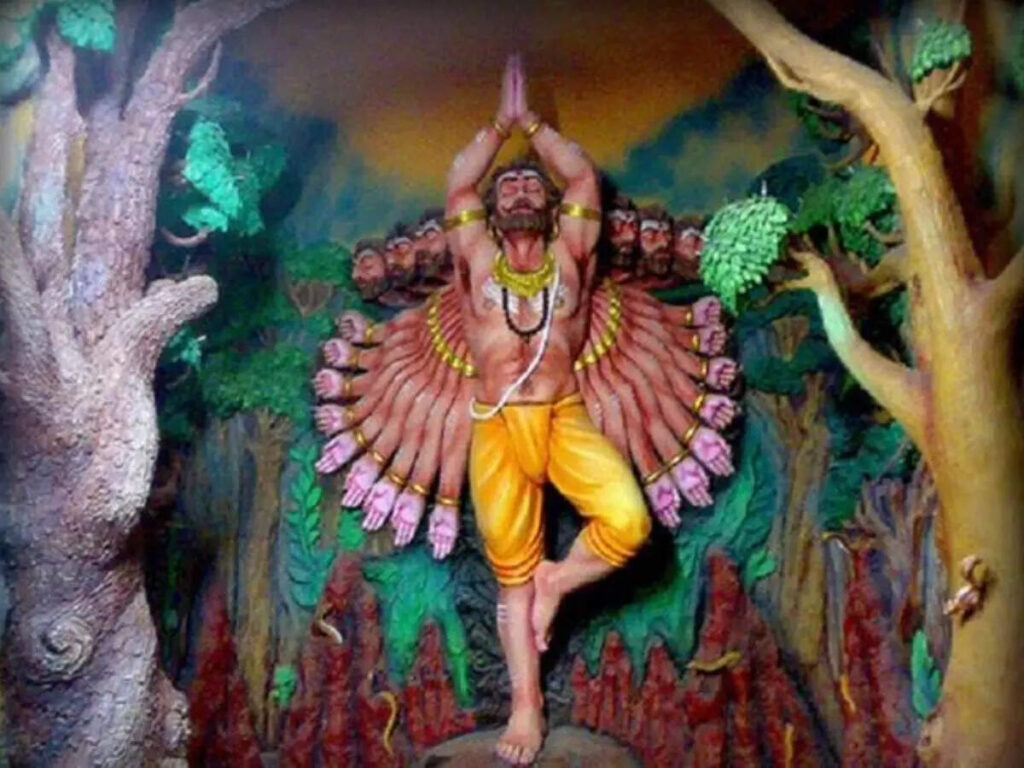
Karnataka
In Kolar and Mandya districts, Ravana is remembered for his devotion to Lord Shiva. During harvest festivities, his 10-headed idol is worshipped alongside Shiva’s, as locals believe burning his effigy could harm their crops.
Himachal Pradesh
In Baijnath, Kangra district, Ravana’s devotion to Lord Shiva is remembered with reverence, and effigy burning is avoided to prevent angering Shiva. Similarly, at the famous Kullu Dussehra, Ravana Dahan does not take place, with celebrations focusing instead on local deities and rituals.
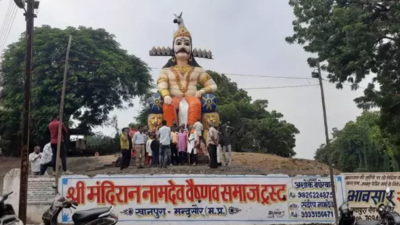
Andhra Pradesh
In Kakinada, Ravana is honoured at the Kumbhabhishekam Temple, believed to have been established at a site chosen by him. Worshippers celebrate his spiritual bond with Lord Shiva rather than condemn him as a villain.
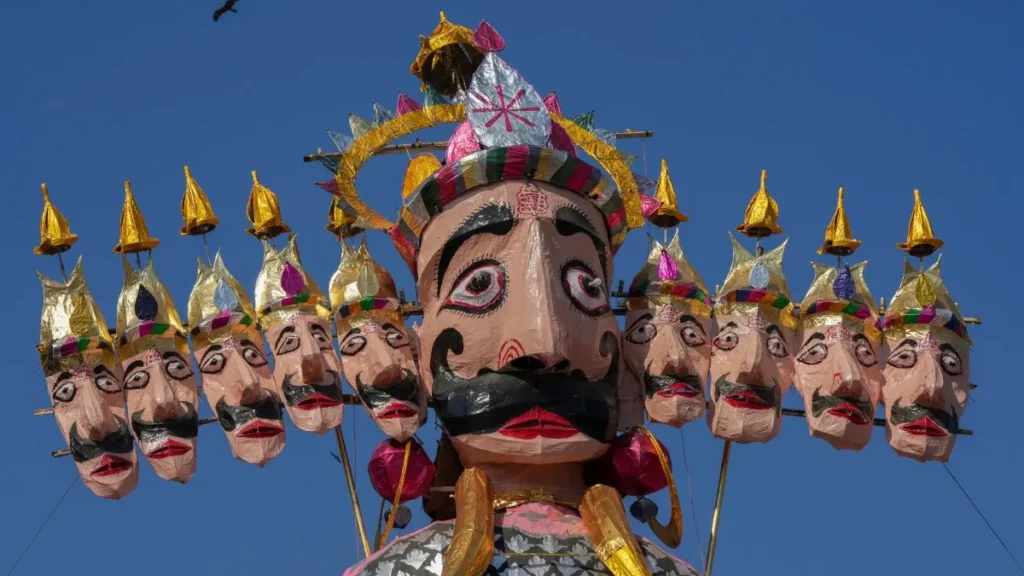
From temples to tribal traditions, these communities show that Ravana’s story is far more layered than the villainous image widely known. For them, he remains a scholar, devotee, and ancestor—worthy of remembrance, not destruction.










